A man who hid from the Charlie Hebdo attackers has filed a lawsuit against French media for their reporting.
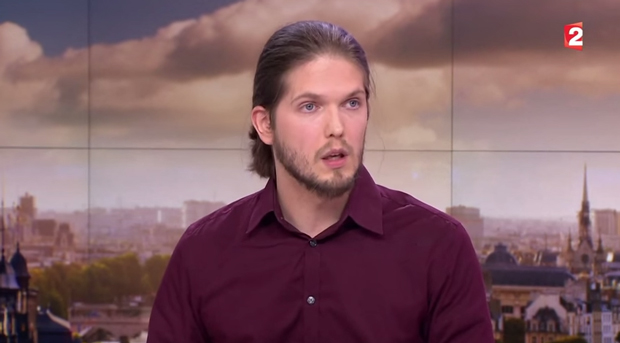

A man who hid from the Charlie Hebdo attackers has filed a lawsuit against French media for their reporting.
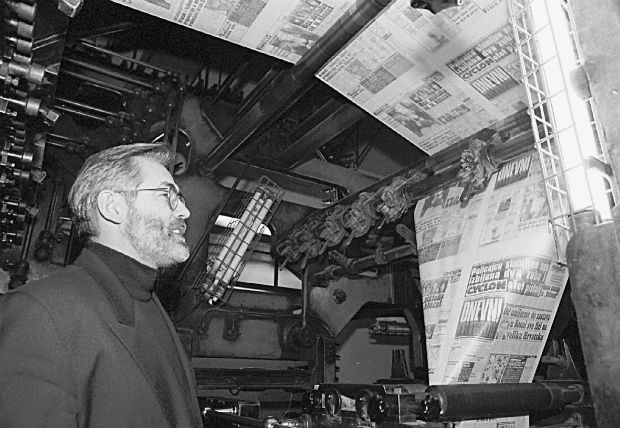
Serbia’s unique Commission for Investigating Killings of Journalists has come a long way. But founder and chairman, journalist Veran Matic, is paying a high price for justice: he lives under 24/7 police protection
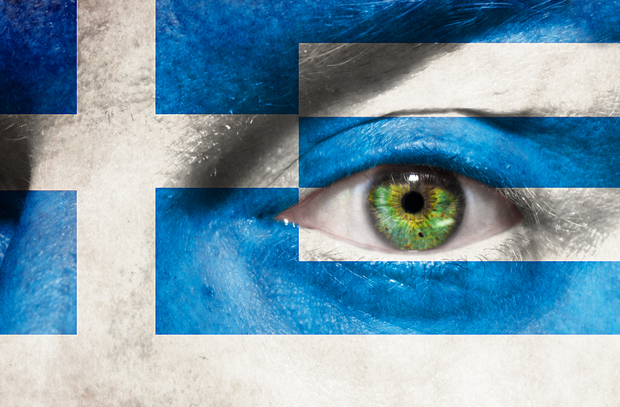
On June, 11 2015 the Greek public TV went back to its old name “ERT”, exactly two years after its abrupt closure by the previous conservative-led government.
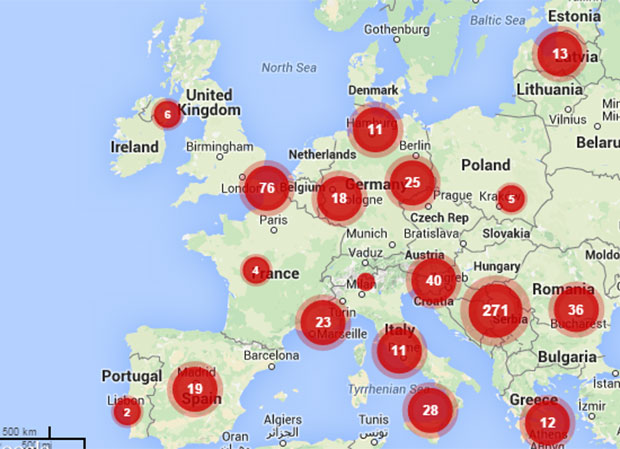
Lithuania has banned a Russian TV channel for “inciting discord, warmongering [and] spreading disinformation” according to the country’s media regulator.
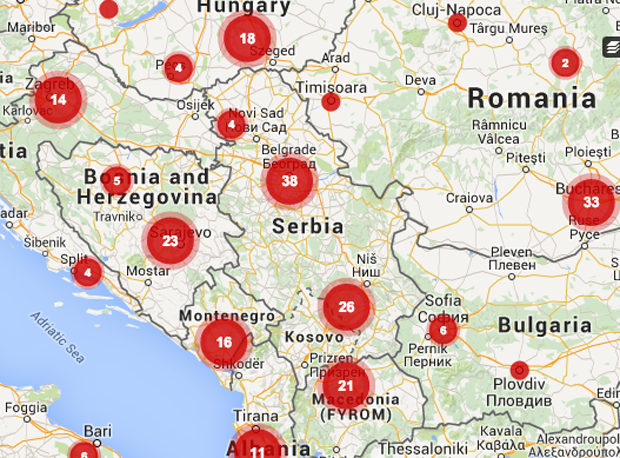
In just over five years, journalists at the independent news site have been subjected to verbal harassment or death threats 15 times, reports Ilcho Cvetanoski
A coalition of international press freedom organisations has hit out at a move to force some Russian “government-controlled” TV stations off Lithuanian airwaves
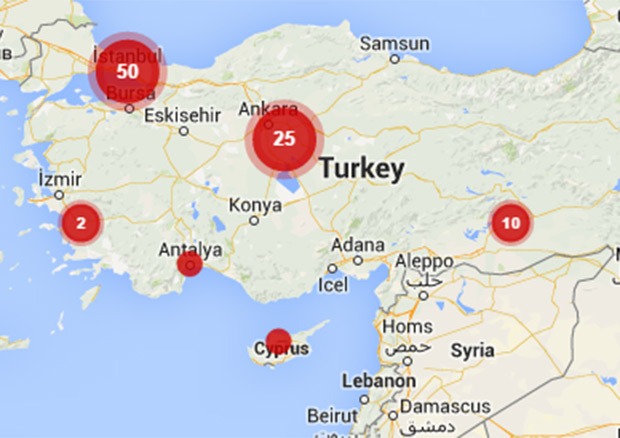
Çağatay Gürtürk, owner of the collaborative dictionary website ITÜ Sözlük, was detained while trying to enter Turkey on the night of January 14.
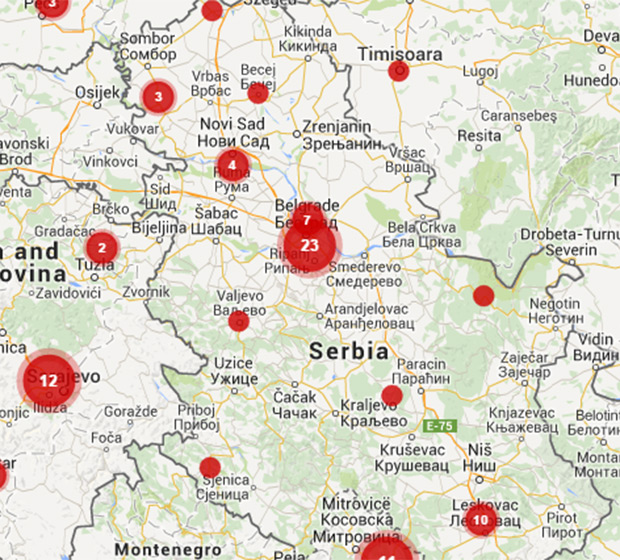
Six months have elapsed since Davor Pasalic, editor of Serbian news agency FoNet, was brutally assaulted by unknown assailants, but police have made no progress in unmasking the culprits or discovering their motives. The attack is just one of a long line of violence against journalists in Serbia.
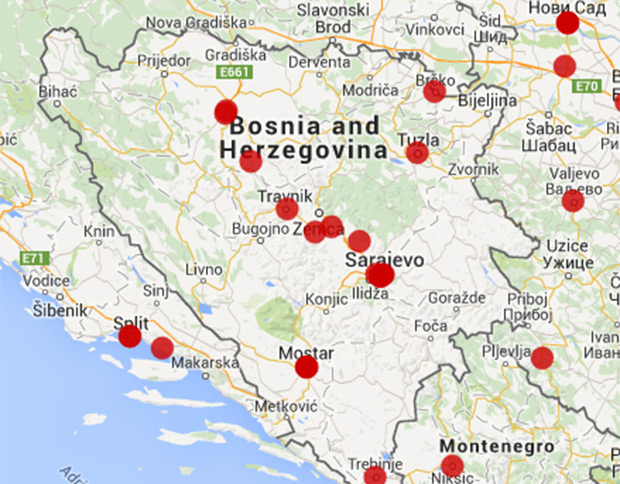
Press organisations and representatives have strongly condemned a police raid on Bosnia news site Klix.ba that took place on 29 Dec. Authorities are trying to uncover the source of a recording that is said to be of the Republika Srpska Prime Minister Zeljka Cvijanovic.
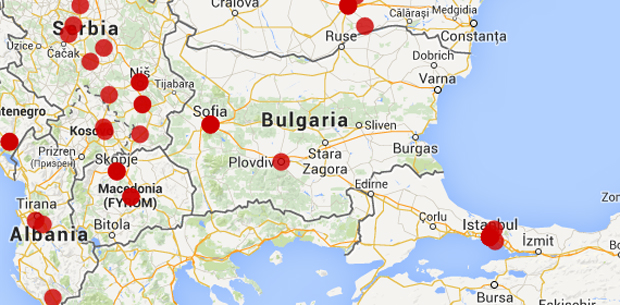
Murky ownership, a whole array of censorship practices as well as corruption are plaguing the Bulgarian media, according to a survey recently carried out by the Bulgarian Reporter foundation
Mapping Media Freedom – a major Index on Censorship project and a joint undertaking with the European Federation of Journalists and Reporters Without Borders, partially funded by the European Commission – covers 42 countries, including all EU member states, plus Bosnia, Iceland, Kosovo, Macedonia, Montenegro, Norway, Serbia, Turkey, Albania along with Ukraine, Belarus and Russia in (added in April 2015), and Azerbaijan (added in February 2016). The platform was launched in May 2014 and has recorded over 3,000 incidents threatening media freedom.
Violations, censorship and needs of threatened journalists in Europe
Journalists and media workers are confronting relentless pressure simply for doing their job. Mapping Media Freedom identifies threats, violations and limitations faced by members of the press throughout European Union member states, candidates for entry and neighbouring countries. Learn more.